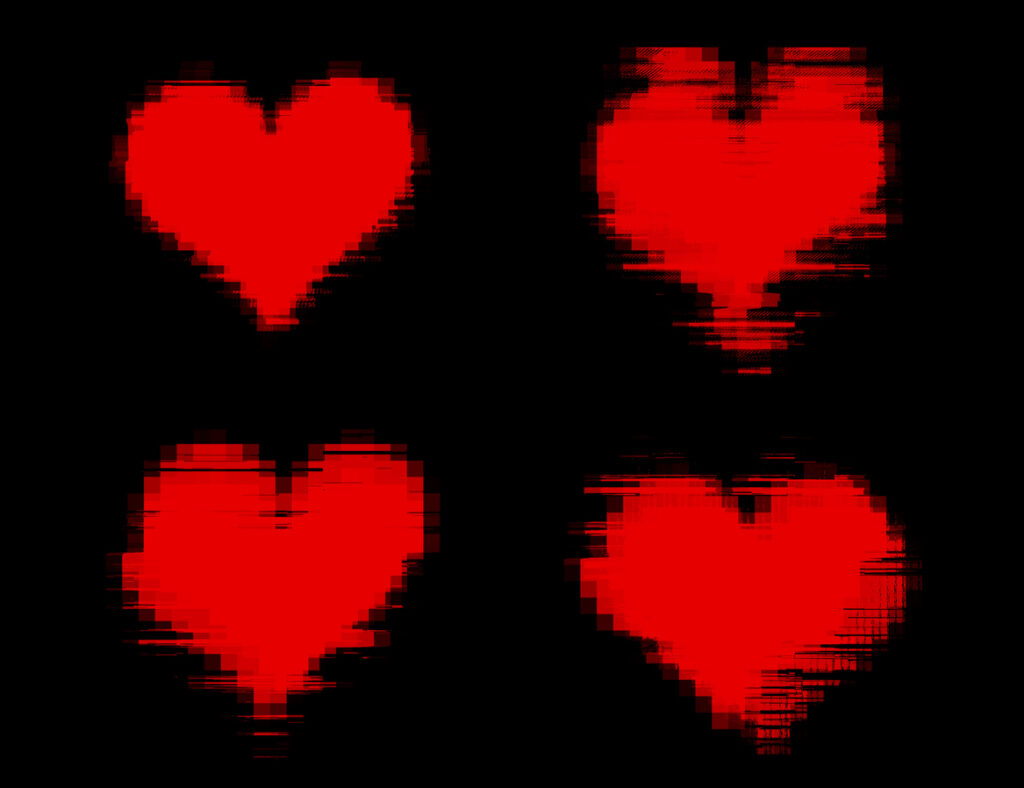There are a number of risk factors that make cardiovascular disease more likely, including high cholesterol. Cardiologist Craig Juergens talks about what cholesterol does to the body, and its role in cardiovascular disease.
Transcript
My name is Associate Professor Craig Juergens. I’m a cardiologist working at Liverpool Hospital in Sydney. I’ve always been very interested in the heart, indeed in the entire cardiovascular system, which includes the heart as well as all the arteries and veins in the body, and that’s why I studied further to become a cardiologist.
 While we have definitely improved the treatment and prevention of heart disease, nearly 50,000 Australians die each year from cardiovascular disease, making it one of Australia’s biggest killers.
While we have definitely improved the treatment and prevention of heart disease, nearly 50,000 Australians die each year from cardiovascular disease, making it one of Australia’s biggest killers.
High cholesterol and your health
So let’s just start by taking a look at the causes of cardiovascular disease, in other words, the risk factors. There are a number of risk factors that make cardiovascular disease more likely. Some of these we can change, like high levels of blood fats or cholesterol, high blood pressure, smoking, uncontrolled diabetes, a high fat diet, being overweight and a lack of exercise. And others we can’t, like advancing age, being a male, existing circulation problems, a family history of heart disease and being post-menopausal.
The good news is that for the modifiable risk factors, it’s never too late to make changes. You can always make a positive difference to your health. Now considering 1 in 2 Australian adults have high cholesterol, let’s focus on this important modifiable risk factor.
Cholesterol is a fat-like substance that your body needs to make hormones and to help your body cells function properly. Therefore, some cholesterol is essential. Around 80% is made in the liver, but about 20% comes from the food that we eat. Cholesterol from food is absorbed into the blood stream through the digestive tract. Unfortunately, certain foods like ones high in saturated fats may provide more cholesterol than your body needs. Excess LDL cholesterol or ‘bad cholesterol’, can build up in your arteries and may lead to heart disease. High triglycerides, also known as ‘ugly cholesterol’, combined with high bad LDL cholesterol can further increase the risk. HDL cholesterol or ‘good cholesterol’ is thought to remove bad cholesterol from the blood.
LDL cholesterol travels from the liver through the blood. If your LDL cholesterol levels become elevated, it can cause a build-up of plaque in the walls of you arteries. When cholesterol builds up in the artery wall the artery expands to maintain blood flow. Over time, this can cause the artery to lose flexibility.
When the cholesterol accumulation reaches 40% of the enlarged artery size, the artery begins to constrict, which can lead to hardening of the artery, also known as atherosclerosis, which may increase your risk of heart disease.
Now let’s move onto the heart. The arteries that supply the heart muscle with oxygen and nutrients are called the coronary arteries. Sometimes fatty deposits can also block these arteries completely, reducing blood supply and damaging the heart muscle. Often this will cause pain in the chest, which is called angina; and sometimes it will cause a heart attack, where the heart stops working properly and some of the heart muscle actually dies.
More information
 |
For more information on cholesterol, including the health effects of high cholesterol and ways to lower cholesterol levels, as well as some useful tools, see Cholesterol. |
All content and media on the HealthEngine Blog is created and published online for informational purposes only. It is not intended to be a substitute for professional medical advice and should not be relied on as health or personal advice. Always seek the guidance of your doctor or other qualified health professional with any questions you may have regarding your health or a medical condition. Never disregard the advice of a medical professional, or delay in seeking it because of something you have read on this Website. If you think you may have a medical emergency, call your doctor, go to the nearest hospital emergency department, or call the emergency services immediately.







